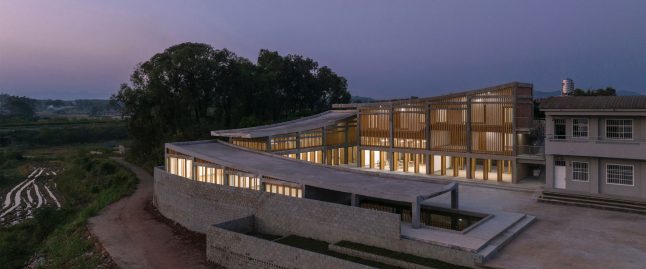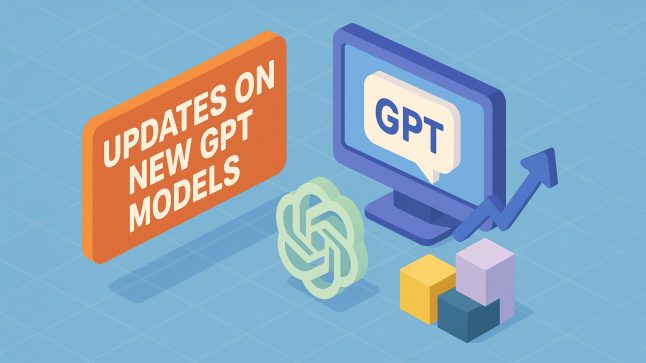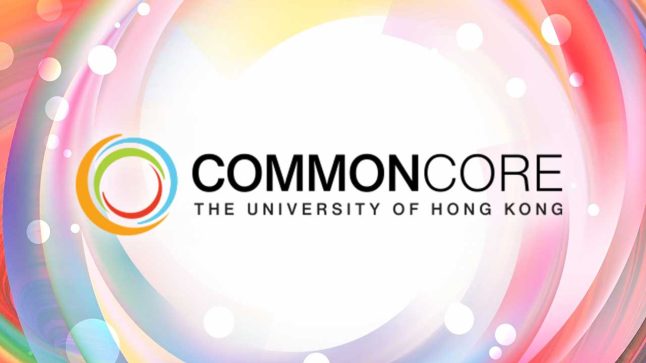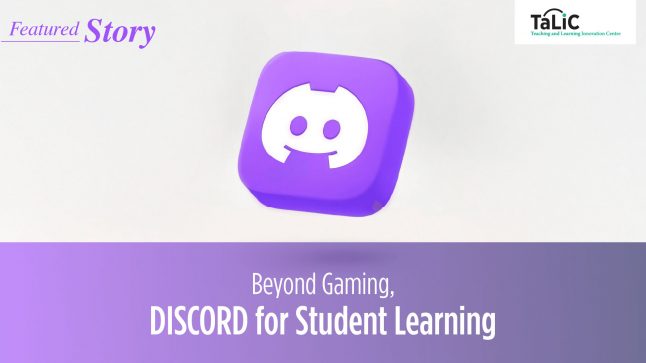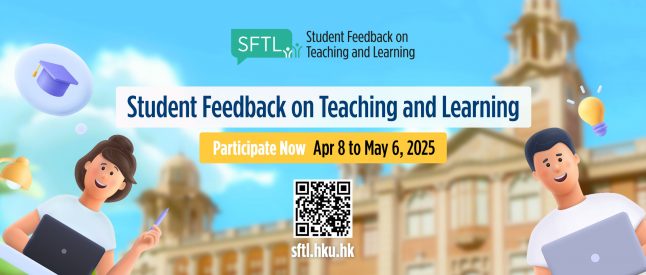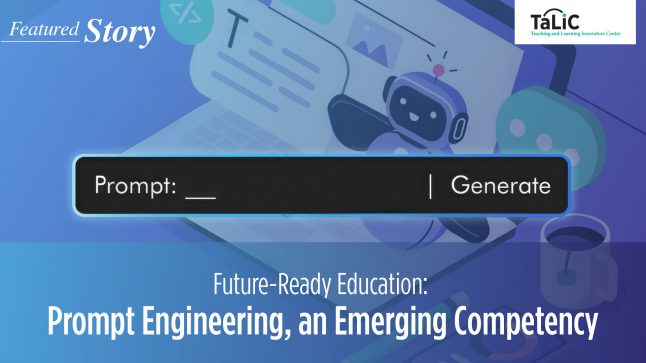On 28 October, HKU welcomed Professor Armando Fox (the Director of MOOCLab, EECS, UC Berkeley), Professor T.C. Pong (Senior Advisor to Executive Vice-President and Provost, HKUST), and Professor Bob Fox (Deputy Director, Learning and Teaching Unit, School of Education, UNSW) to share their insights on a range of topical MOOC- and SPOC-related issues from their own contexts. From HKU, Professor Nancy Law (Deputy Director of the Centre for Information Technology in Education, HKU) and Professor David Lung (Lady Edith Kotewall Professor in the Built Environment, HKU) shared their in-house perspectives and experiences. The key themes discussed included the potential benefits of auto-grading; the interplay between SPOC (Small Private Online Courses) and MOOC (Massive Open Online Course) development; leveraging big data to enhance learning; enabling a positive washback from online to on-campus learning; and forecasting possible future directions of the ‘MOOC movement’.

Professor Armando Fox kick-started the discussions by recounting how he and his team redesigned a software engineering course in light of workplace demands identified by software companies, such as dealing with legacy code and working with non-technical customers. Innovations to the course included the integration of auto-grading strategies which encouraged learners to iteratively improve their code based on computer-generated feedback. The MOOC was also run as a SPOC for on-campus students, enabling a four-fold increase in student intake, providing more learner practice, redirecting teaching assistants’ attention from grading to higher-value forms of feedback, and ultimately increasing course ratings.
This potential of MOOC development to positively impact on on-campus learning was a theme which emerged at several points, notably in Professor T.C. Pong’s presentation on “BOOCs: Blending Online and On-Campus Courses”. He drew on the example of his MOOC “Introduction to Computing with Java”, which was initially offered to on-campus students in a ‘flipped classroom’ mode, to explain the positive correlation between students’ performance and the amount of time they spend viewing the lecture videos. For the flipped classroom, it was seen that smaller class sizes performed better for in-class activities but no difference in performance was seen for online activities. This interesting finding hints at the potential of MOOC resources to enhance out-of-class learning materials for on-campus learners in order to create high-value interactions in in-class settings.

In addition to the idea of MOOCs serving as a catalyst for developing blended or ‘flipped’ courses, Professor Pong spoke about tools being developed by HKUST to enable learning analytics. This resonated with Professor Nancy Law’s presentation, which explored the challenges associated with leveraging the unprecedented scale of online data to improve learning and teaching. She proposed activating a pedagogical design cycle to position education as a design science which generates theory from practice. The importance of appropriate assessment models, the integration of interdisciplinary expertise, and the need for policy and governance on data privacy and data sharing were also discussed. Preliminary explorations on analysing large amounts of data have been undertaken in HKU’s Common Core Curriculum, generally characterized by large class size and diverse student background. Lessons learnt from this context aim to inform discussions on how to scale up analyses against the backdrop of the challenges she mentioned earlier.
Participants had the opportunity to hear Professor David Lung’s experience of developing the MOOC, “The Search for Vernacular Architecture of Asia”. He highlighted the need to begin planning and preparation with a substantial lead time in order to assemble and work across teams to adapt subject matter for a MOOC audience, develop media content, deal with copyright issues, and design a pedagogically-sound learning experience. The potential benefits of this process on existing university courses were reiterated by Professor Lung. In the context of a MOOC on Architecture, he noted that he had developed a data bank of media artefacts for future use and further developed professional and student networks, amongst other benefits.
The event ended with an engaging round-table discussion which expanded on the core issues by drawing on expertise of participants from a range of contexts. Professor Bob Fox shared the institutional workflows associated with MOOC development at UNSW and summarised several of the recurring themes when he emphasised the importance of using MOOCs to incubate innovation and generate data analytics to support the student learning experience.
A post from the e-learning Pedagogical Support Unit (EPSU)

